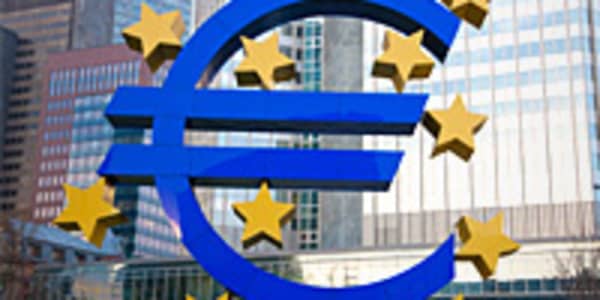Some analysts have dubbed the Czech Republic "the Switzerland of Eastern Europe," as portfolio investors look for safe places to park their cash.
But Martin Tlapa, Deputy Minister, Ministry of Industry and Trade of the Czech Republic told CNBC.com in an interview in Prague that the "safe haven" label looks rather scary for a small, open economy that needs a stable exchange rate to function properly.
"It's dangerous," Tlapa said. "Money just for speculation is the most dangerous kind for macroeconomic stability."
The Czech government prefers to encourage foreign investors in value-added services and industries to come to the country and is preparing a package to help them choose the country to set up new business, he said.
The package is likely to contain some tax breaks to help companies with the cost of training and hiring staff, similar to measures taken in countries like Slovakia, Poland or Germany, Tlapa added.
The Czech economy is severely addicted to exports, which make up about 70 percent of gross domestic product and as the euro zone, even Germany, is beginning to sputter, the country is looking for markets to diversify in.
"Unfortunately, we can expect that the European economy will slow," Tlapa said. "We're looking for global markets supports."
The BRIC countries – Brazil, Russia, India and China – are the Czech Republic's targets but also, taking advantage of the country's Central and Eastern European position, other countries in Eastern Europe that are not necessarily in the European Union.
"We are pushing the EU to have a free trade agreement with Ukraine," Tlapa said.
Asian Competition
Diversification must take place not just geographically but also in terms of the kind of products the country sells abroad, he said, adding that the machinery sector is still the champion of exports.
"Competition from Asia is tremendous; it will be extremely difficult for some of our labor-intensive sectors to survive," Tlapa explained, adding that Asia is producing more and more parts for the car industry so the future is in smart cars and electronics.
"We need to stabilize the core conditions for businesses," he said, adding that investors will always make their forecasts depending on the euro.
There were hopes that the Czech Republic could follow in neighbor Slovakia's footsteps and join the euro zone sooner rather than later, but Tlapa quoted a recent study from an economic policy think tank which said the Czech Republic should join the euro in the future but not yet. It should first fulfill the Maastricht criteria, on which adoption of the euro depends, he said.
A recent study from the Association for International Affairs in Prague argues that the Czech Republic cannot join the monetary union for another five years as it does not meet the convergence criteria.
Tlapa admitted that this would not be the best moment for joining anyway, as politicians in various countries have balked at bailing out Greece.
"We are carefully studying what happened in Slovakia," he said. "The idea that you have to borrow money to help other countries is hard to sell."
- Petr Bokuvka in Prague contributed to this story




